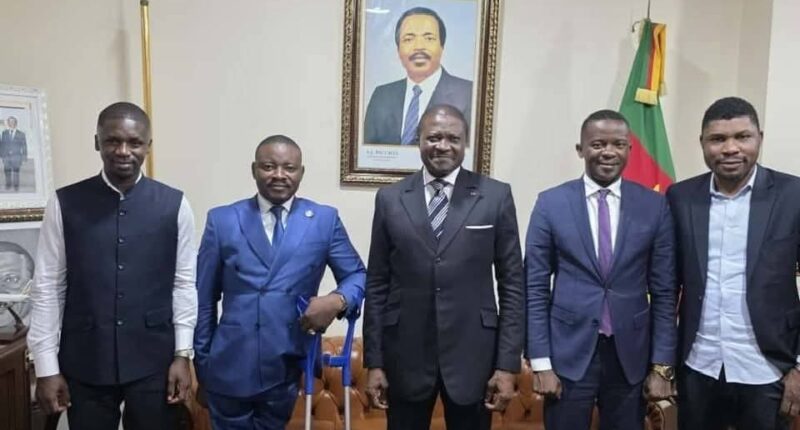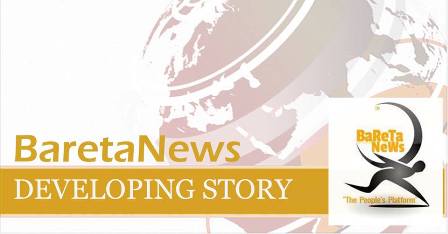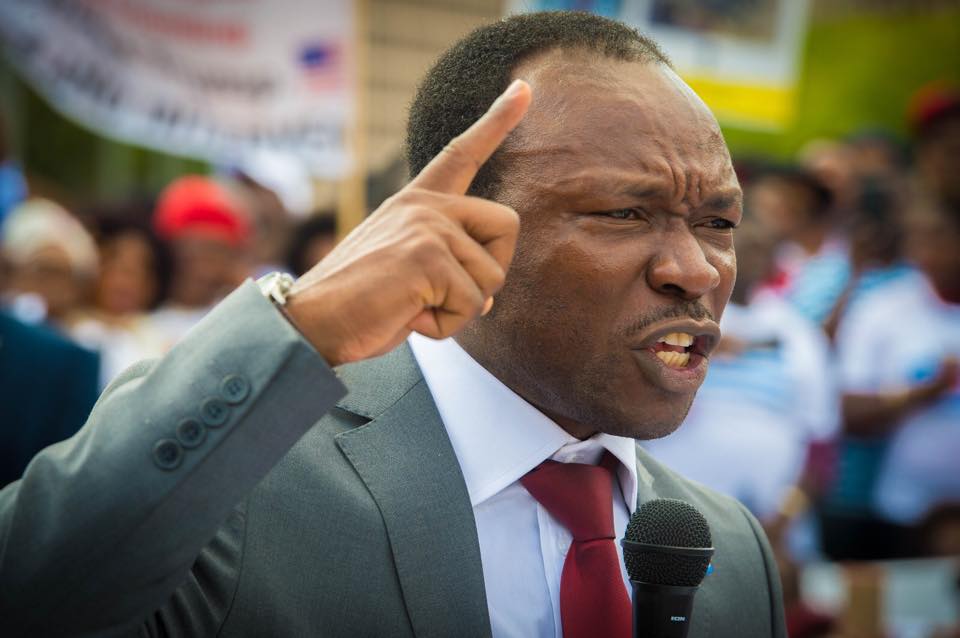La République du Cameroun continues to show that it will go to extraordinary lengths to protect Paul Biya’s grip on power. Institutions, laws, and moral principles have been reduced to tools of political survival. What is happening today is not leadership. It is a desperate fight to preserve one man’s throne, even at the cost of the nation’s dignity.
The country’s integrity is collapsing because truth no longer matters. When individuals who openly spread disinformation and carry out character assassination campaigns are received by ministers and photographed in government offices, the message is unmistakable. Loyalty to the regime is now more valuable than ethics, professionalism, or the law.
The men listed above have repeatedly polluted the public space with fabricated narratives, false media logos, doctored reports, and targeted attacks on anyone perceived as a threat to Biya. Their actions go far beyond ordinary misinformation. They engage in intentional digital fraud, smear campaigns, and reputational destruction. These are offences that, in other contexts in Cameroon, could lead to severe charges—even death sentences—when committed by those who are not aligned with the regime.
Yet nothing happens to them. No investigations. No sanctions. No public reprimands. Instead, they are given access, recognition, and quiet endorsement. Their loyalty buys them immunity.
The truth is simple. The government itself finances many of these campaigns. There is a whole machinery designed to discredit critics, weaken political opponents, and protect Paul Biya’s image at all costs. While the state claims to fight hate speech and misinformation, it quietly funds communication networks that spread those very poisons as political weapons.
In every election cycle, the pattern repeats. The government spends resources to attack the reputations of Biya’s competitors, distort public opinion, and drown legitimate criticism in a sea of propaganda. The goal is not national unity or stability. The goal is to secure power. Even if it means destroying the lives, careers, and dignity of others.
Meanwhile, honest journalists face intimidation, arrests, and abductions. Hans Achomba is just one example. He was picked up and held incommunicado for simply doing his duty in Bamenda. His only crime was telling the truth. In Cameroon today, truth is dangerous. Propaganda is rewarded.
The silence of the National Communication Council makes everything worse. The NCC has spent years preaching ethics and professionalism. But when presented with clear cases of fake news, identity theft, fraudulent branding, and organised character attacks, it says nothing. This silence is not just a failure. It is a disgrace. It exposes the double standards at the heart of Cameroon’s media regulation.
By ignoring crimes committed by those who support the regime, the NCC discredits itself and brings shame to the country. It proves that the body exists not to regulate media but to protect the government’s interests.
This situation is a direct assault on Cameroon’s integrity. A state that pays for falsehoods, protects manipulators, and punishes truth-tellers cannot claim moral authority. When the government itself fuels campaigns of deception, the nation loses its soul. It loses the trust of its citizens. It loses credibility internationally.
The real danger facing Cameroon is not opposition voices or critical journalists. The real threat is a system that glorifies lies, finances smear campaigns, and sacrifices the nation’s moral foundation to keep one man in power.
And the price Cameroon is paying is a growing global perception that the country no longer stands for truth, fairness, or dignity. Only survival. Only power. Only Biya.
By Lucas Muma





